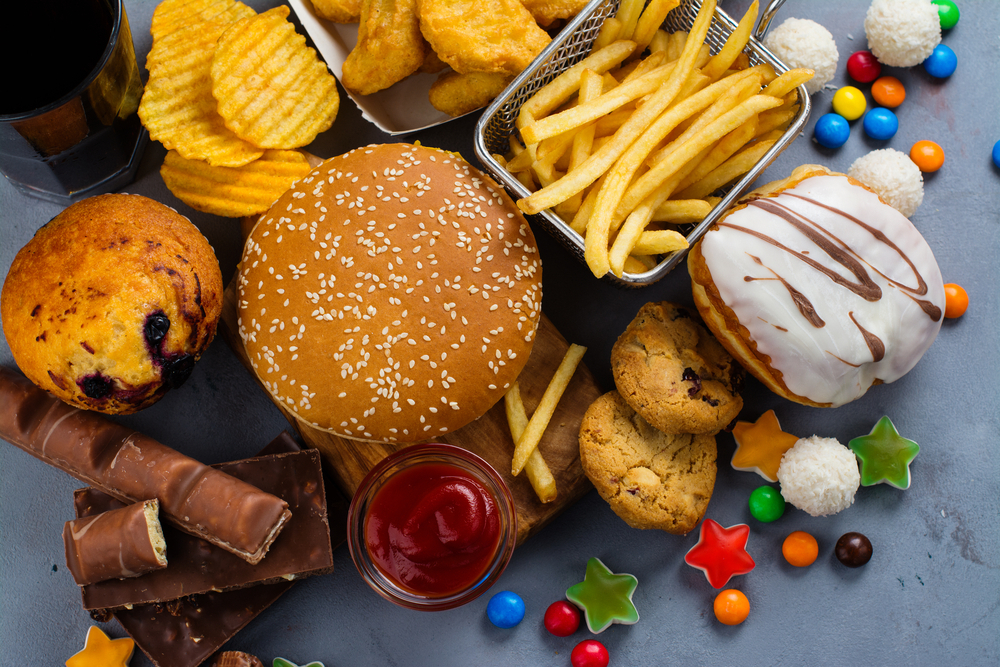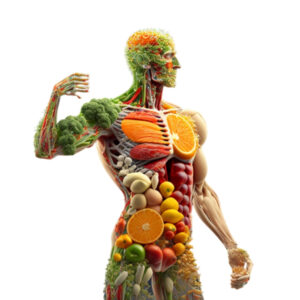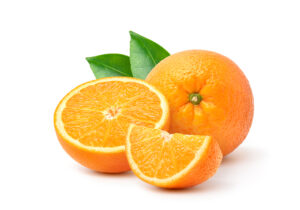Foods That Should Not Be Eaten Maintaining a healthy diet is crucial for our overall well-being, but not all foods are created equal. While many foods provide essential nutrients and sustenance, some can have detrimental effects on our health. In this article, we will shed light on harmful foods that should be avoided or consumed in moderation to protect our bodies from potential damage.
- Processed Meats:
Processed meats, such as sausages, bacon, and deli meats, should be approached with caution. These products often contain high levels of sodium, nitrates, and preservatives, which have been linked to an increased risk of heart disease, high blood pressure, and certain types of cancer. Opting for fresh, lean meats or plant-based protein sources is a healthier alternative. - Sugary Beverages:
Sugar-sweetened beverages, including sodas, fruit juices, and energy drinks, provide little to no nutritional value and are loaded with excessive amounts of added sugars. Regular consumption of these drinks can contribute to weight gain, obesity, type 2 diabetes, and dental issues. Water, herbal teas, or homemade fruit-infused water are healthier choices to quench your thirst. - Trans Fats:
Trans fats are artificially created fats found in many processed and fried foods, such as fried snacks, commercial baked goods, and margarine. These fats increase the levels of “bad” cholesterol (LDL) while decreasing the levels of “good” cholesterol (HDL), leading to an increased risk of heart disease, stroke, and inflammation. Reading food labels and avoiding products that contain hydrogenated oils is a crucial step towards reducing trans fat intake. - Highly Processed Snacks:
The convenience of highly processed snacks like chips, cookies, and crackers often comes at a price. Loaded with refined carbohydrates, unhealthy fats, artificial additives, and high levels of sodium, these snacks can contribute to weight gain, spike blood sugar levels, and increase the risk of chronic diseases. Opting for healthier snack alternatives like fresh fruits, nuts, or homemade snacks can provide better nutrition and satiety. - Artificial Sweeteners:
Although marketed as low-calorie alternatives to sugar, artificial sweeteners, such as aspartame and sucralose, have been linked to various health concerns. Studies suggest that excessive consumption of artificial sweeteners may disrupt metabolic processes, increase sugar cravings, and potentially lead to weight gain. Moderation and natural sweeteners like stevia or honey are better options. - Fast Food:
Frequenting fast-food establishments may seem convenient, but the nutritional quality of these meals is generally poor. Fast food is often high in unhealthy fats, sodium, sugar, and calories while lacking essential nutrients. Regular consumption can contribute to weight gain, obesity, cardiovascular problems, and an increased risk of chronic diseases. Cooking at home and opting for healthier alternatives when eating out can help improve your diet.
Being aware of the harmful foods that should not be eaten is vital for maintaining a healthy lifestyle. By avoiding or minimizing the consumption of processed meats, sugary beverages, trans fats, highly processed snacks, artificial sweeteners, and fast food, we can significantly reduce the risk of chronic diseases and improve our overall well-being. Prioritizing whole, unprocessed foods, fruits, vegetables, lean proteins, and whole grains will support optimal health and longevity. Remember, making informed choices about what we eat plays a crucial role in safeguarding our well-being.



